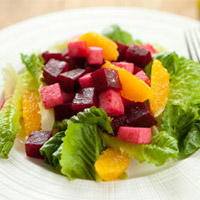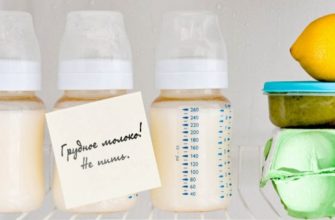 The nutrition of a nursing mother is a topic that always causes controversy. Nutrition recommendations during the period of breastfeeding, they are so contradictory that young mothers are always confused whether this or that product can be consumed. Opinions on this issue can be met completely different: from "everything is allowed" to strict lists with acceptable products. One of the "controversial" products is beets when breastfeeding.
The nutrition of a nursing mother is a topic that always causes controversy. Nutrition recommendations during the period of breastfeeding, they are so contradictory that young mothers are always confused whether this or that product can be consumed. Opinions on this issue can be met completely different: from "everything is allowed" to strict lists with acceptable products. One of the "controversial" products is beets when breastfeeding.
Menu of a nursing mother: “yes” or “no” beets
For pediatricians and nursing mothers, beets are not credible for a couple of reasons:
- Firstlyis a fiber-rich vegetable. The laxative effect of beets is familiar to absolutely everyone, therefore, mothers fear that, after eating beets, they will provoke problems with the baby’s tummy.
- Secondly, beets are red, and all products with this characteristic are prohibited, which means that it is not advisable to eat beets while breastfeeding.
Both of these arguments are ambiguous and the doubts about beets are easy to dispel. As for the first - beets are really a good laxative, but only for those who eat them. This effect is not transmitted through breast milk, since metabolic products are already transferred to milk. Only in rare cases can a baby have problems with her tummy, but this is more of an individual reaction. Mostly, mothers, on the contrary, note that after the “beet” milk, children suffer less from colic, gas and other problems with the tummy.
On the second point, everything is even simpler: beets, one might say, are an exception to the rule. The bright pigment of this vegetable is not an allergen, so beets can be safely deleted from the list of prohibited foods.
The benefits of beets for a young mother
The use of beets during the period of GW is not only allowed, but also very welcome.
How to eat a red root crop
Still, it is worth using beets in case of hepatitis B following certain rules and taking into account the peculiarities of the situation.
You can eat beets as an independent dish or as part of other dishes. A good option for nursing mothers is a salad of cooked grated beets seasoned with a small amount of vegetable oil. You can add beets to soup, vegetable stew or stew.
It is best if beets are constantly present in the diet of a nursing mother. Daily small portions will help regulate digestion and will fill the needs of the body and nutrients. It is better to start with a small amount and be sure to monitor the baby's reaction. If no reaction follows, beets can be confidently introduced into the diet.









Nursing mothers often limit their nutrition for safety reasons, so as not to harm the baby. Sometimes it comes to the fact that women completely refuse raw vegetables, believing that they can cause allergic reactions in the child. Is it really? Can I eat vegetables while breastfeeding?
good article